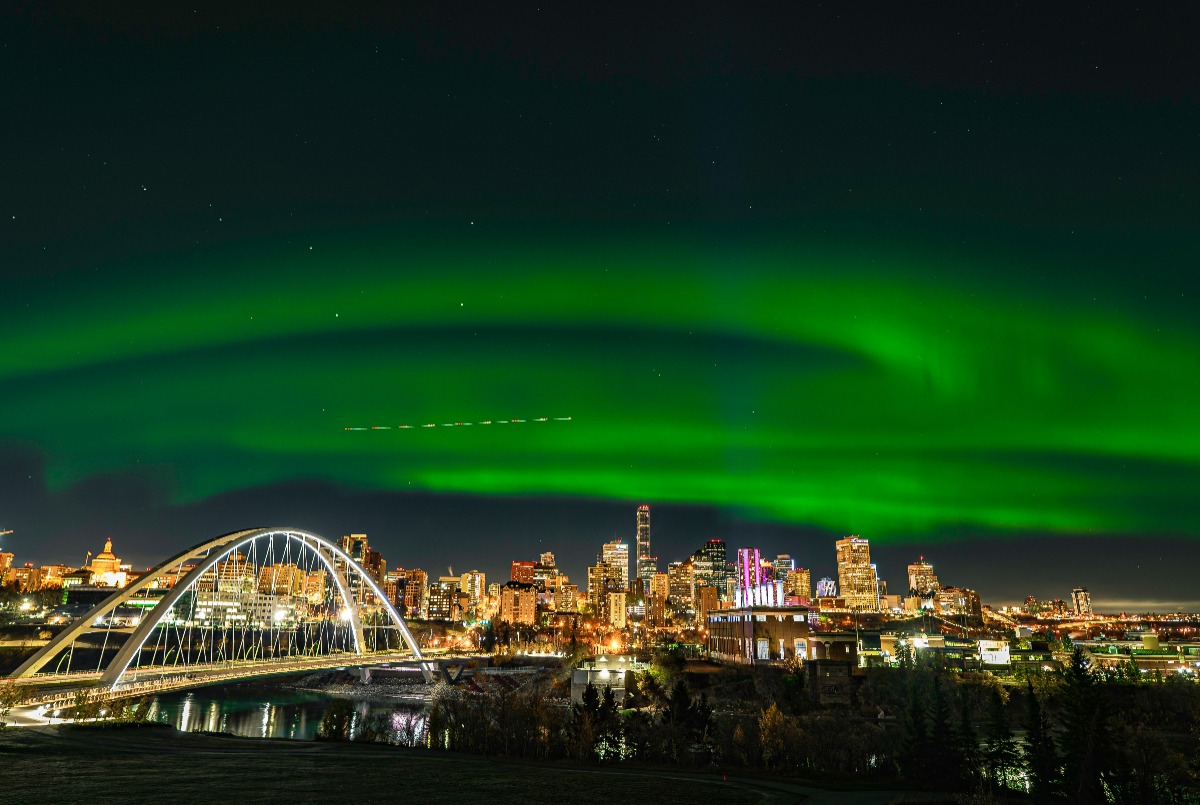World
Canada seeks to ease tensions with India, presents evidence in Khalistan probe

Toronto: Canada offered New Delhi de-escalation options as well as evidence of the involvement of Indian officials in violence targeting pro-Khalistan elements in the country, according to media reports.
A report in the Globe and Mail cited an unnamed source as stating the “preferred route offered by the Canadians” was an “off ramp” approach which had four elements. That proposal was furnished when National Security and Intelligence Advisor Nathalie Drouin, Deputy Minister in Global Affairs Canada David Morrison and the Royal Canadian Mounted Police’s Deputy Commissioner for Federal Policing Mark Flynn met senior Indian officials in Singapore on October 12.
Those proposals, the report said, included India voluntarily withdrawing the six diplomats cited and direct gangster Lawrence Bishnoi to tell members of his criminal syndicate in Canada to “cease and desist.”
Canada also sought expansion of the high-level inquiry instituted by India last year, to probe the attempted killing of Sikhs for Justice (SFJ) general counsel Gurpatwant Pannun in New York, days after his associate Hardeep Singh Nijjar was murdered in Surrey, British Columbia on June 18. Ottawa wanted the enquiry to also include the Nijjar case or to jointly conduct an inquiry with New Delhi “to work together to end foreign interference.”
It said the RCMP and the Public Prosecution Service Canada “were also aware that evidence of an Indian diplomat’s role” in Nijjar’s murder. It added that the RCMP and the Canadian Security Intelligence Service gathered “extensive evidence”, involving “intercepted communications with India diplomats, criminal proxies and a top official in the Indian government.”
In a separate report, the outlet CBC News cited RCMP Commissioner Mike Duheme as saying law enforcement had “strong evidence” to underpin the allegations against Indian officials. “We do have strong evidence — not intelligence, but evidence — that this goes all the way up to the highest level,” he said, adding, “Some of the evidence I am referring to will eventually come out through the judicial process.”
None of the “evidence” was revealed in either report.
Appearing before the foreign interference commission in Ottawa last week, Canadian Prime Minister Justin Trudeau acknowledged his government was relying on intelligence when he stated in the House of Commons on September 18 last year that there were “credible allegations” of a potential link between Indian agents and Nijjar’s killing. Trudeau told the commission: “At that point it was primarily intelligence, not hard evidentiary proof.”
India has dismissed the charges against its diplomats and officials, including High Commissioner to Ottawa Sanjay Kumar Verma as “preposterous” and has asserted it has seen no evidence to substantiate the serious allegations levelled by Canada.
India withdrew the six diplomats and officials from Canada after it received a communique from Ottawa that they were “persons of interest” in ongoing investigations and seeking waiver of diplomatic immunity to interrogate them. It also expelled six Canadian diplomats from India. The Canadian PMO noted that the six officials had been served “deportation notices.” All of them have since returned to India.










